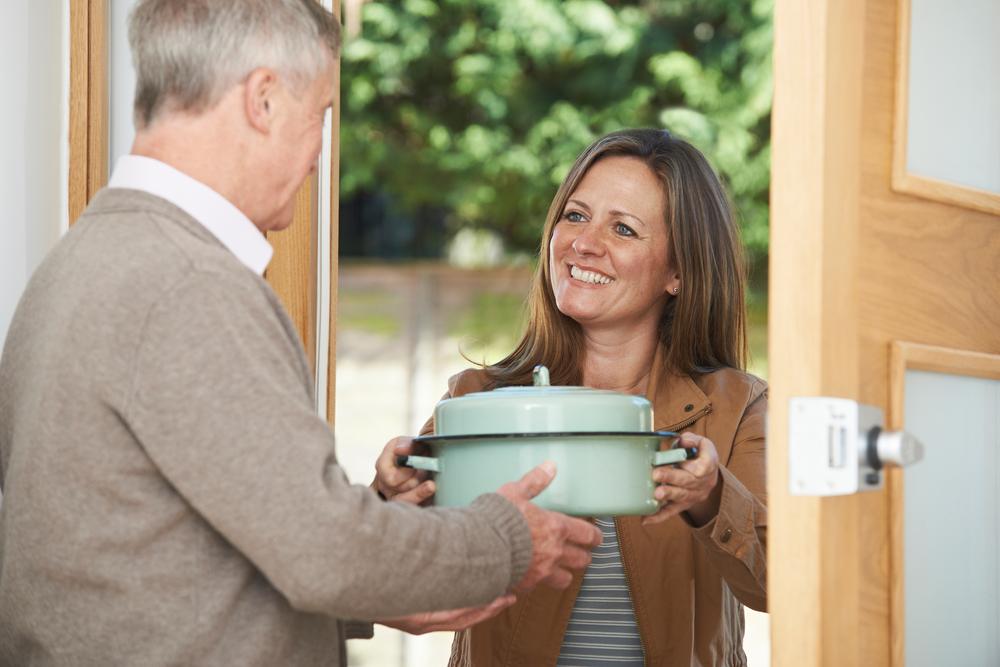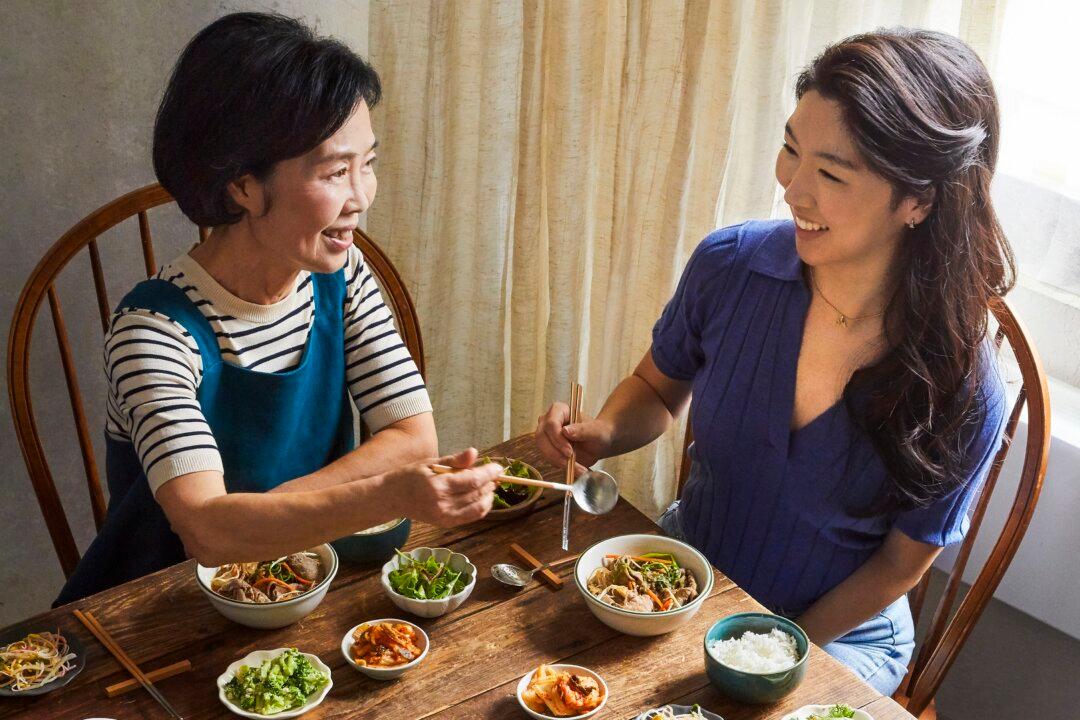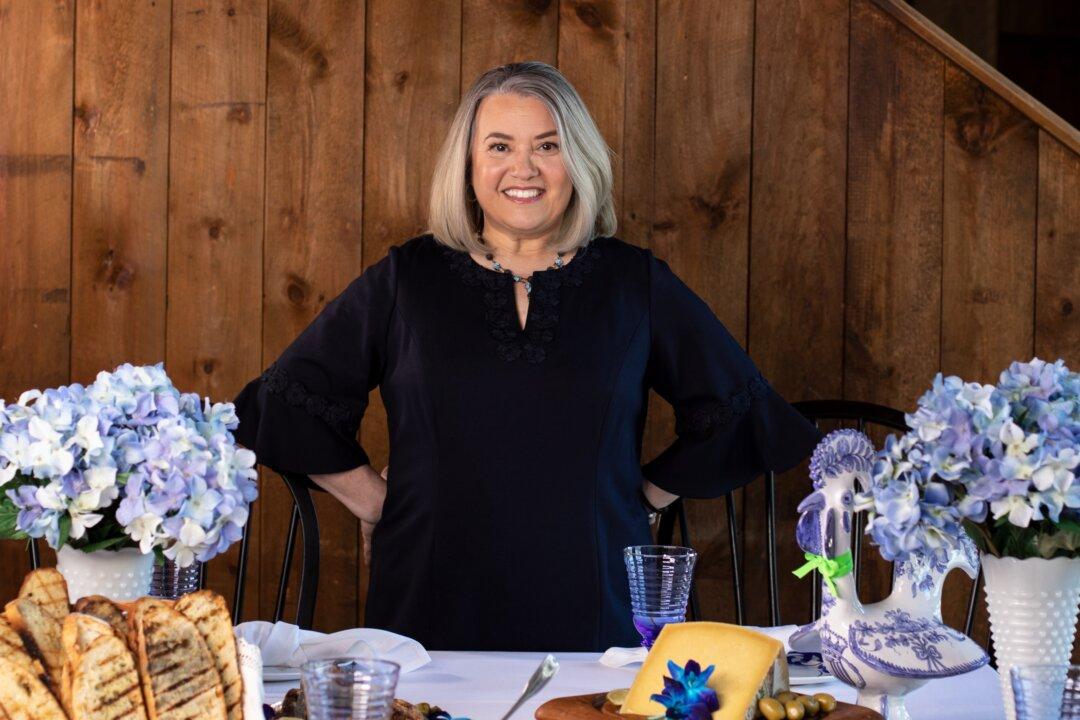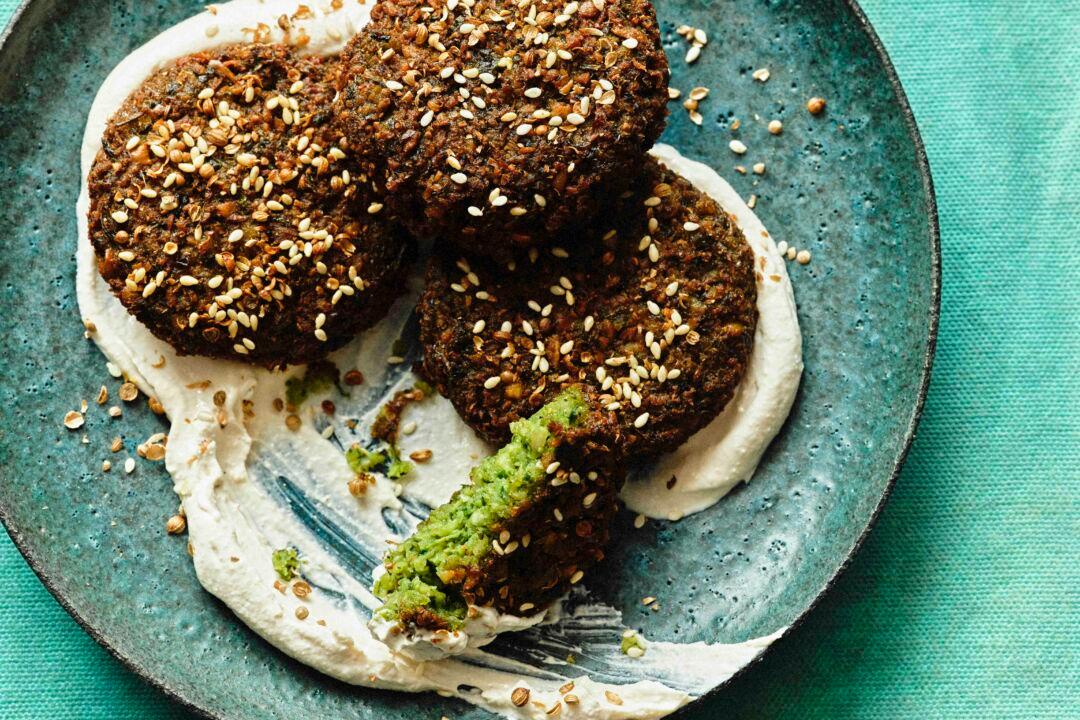On a chilly Monday afternoon, I paced the hallways of my home with my colicky, three-week-old baby. I checked the clock again: 4:06 p.m. I was sure the battery was dead. How could it only have been one minute since I last checked?
I was deep in the turbulent waters of brand new motherhood. My husband was away on a business trip, and I was lost in a cycle of nursing, bouncing, and changing diapers. My coffee sat cold on a counter, next to a handful of crackers I had poured out onto a plate with one hand that morning. My stomach grumbled, yet I had no idea how I would be able to put my baby down long enough to make dinner for myself.





